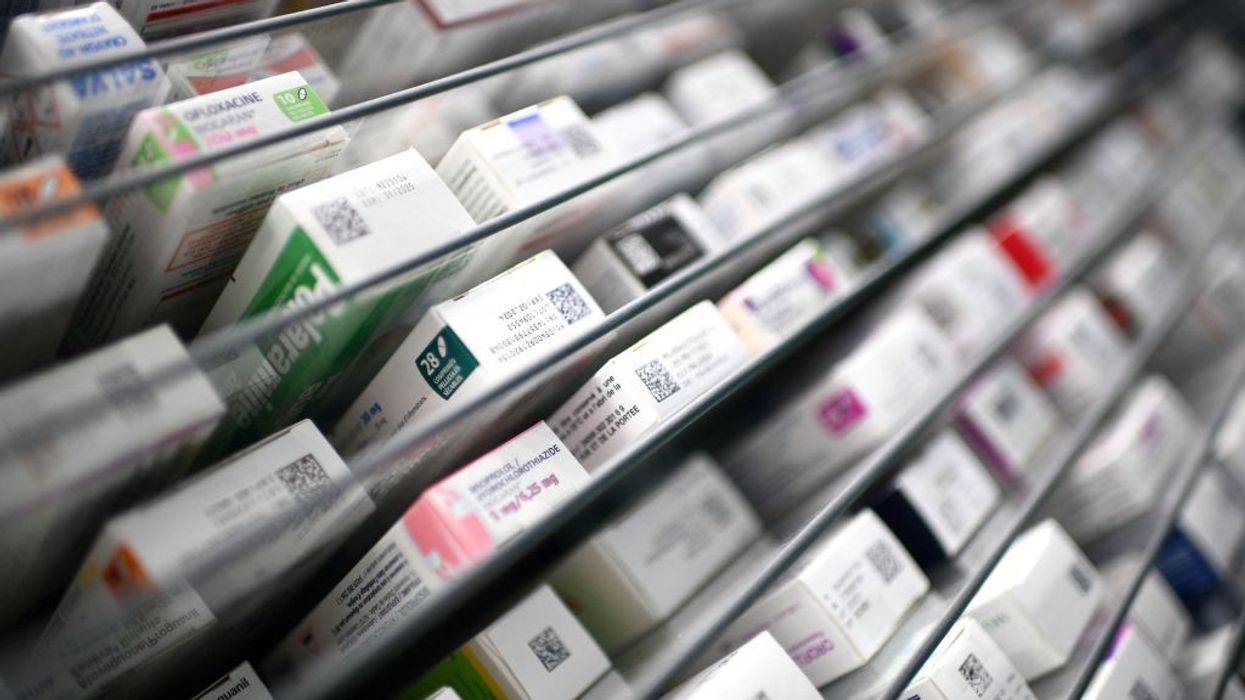About 5000 heart attack sufferers in England missed out on lifesaving hospital treatment due to the Covid-19 pandemic, a latest research has showed.
The study, published on Tuesday (July 14) in The Lancet, used data regularly collected by NHS Digital from NHS Hospital Trusts in England to get up-to-date information about admissions to hospital.
Researchers documented a reduction in admissions with heart attack in England at the start of the Covid-19 pandemic by comparing weekly rates in 2020 with those observed last year.
The number of admissions to hospital with heart attacks fell by 35 per cent by the end of March.
Admissions with the most serious type of heart attack, caused by a complete blockage of an artery supplying part of the heart, fell by about a quarter, while rates of admission for heart attacks caused by a partial blockage of blood supply to the heart fell by 42 per cent.
The experts have observed that the admission rates have partially recovered but remain lower than expected.
Expressing their concern over avoiding hospital, the research has warned that such tendencies could have serious consequences for those with heart disease.
Dr Marion Mafham, Clinical Research Fellow at the Nuffield Department of Population Health, University of Oxford, and lead author of the study said: “Our study shows that far fewer people with heart attacks have attended hospital during this pandemic. It is important that anyone with chest pain calls an ambulance immediately, because every minute of delay increases the risk of dying or experiencing serious complications from a heart attack.”
The joint research by the University of Oxford, NHS Digital, University of Keele, University of Leeds, Imperial College London, University College London, Barts Health NHS Trus,t and the Royal Brompton & Harefield NHS Foundation Trust has showed that only two thirds of the expected admissions with heart attacks took place at the end of March 2020.
“By the end of May, admission rates had partially recovered, but remained below expected levels. In total, by the end of May there had been about 5,000 fewer admissions with heart attack in 2020 than would be expected, suggesting that many patients have missed out on lifesaving treatment,” the research has highlighted.
Senior author Barbara Casadei, British Heart Foundation Professor in Cardiovascular Medicine at the University of Oxford, and President of the European Society of Cardiology, said: “These findings must be taken into serious consideration in the event that a second pandemic wave develops as lockdown restrictions are eased worldwide.
“Medical societies, heart foundations, and governments have a responsibility to not only inform patients of the importance of seeking appropriate care, but also to ensure that a safe environment is provided for patients who are admitted to hospital because of a cardiovascular emergency.”
Admissions with heart attacks caused by a complete blockage of an artery to part of the heart fell by nearly a quarter (23 per cent). People with this sort of heart attack are at the highest risk of suffering a cardiac arrest and usually need an urgent procedure (a percutaneous coronary intervention, or PCI) to open the blocked artery to the heart, along with medications.
Rates of admission for heart attacks caused by a partial blockage of blood supply to the heart (‘non-ST elevation’ heart attacks) fell by 42 per cent. Patients with this type of heart attack need urgent assessment and treatment with medications, while many also benefit from an urgent procedure to open a narrowed artery to the heart.











